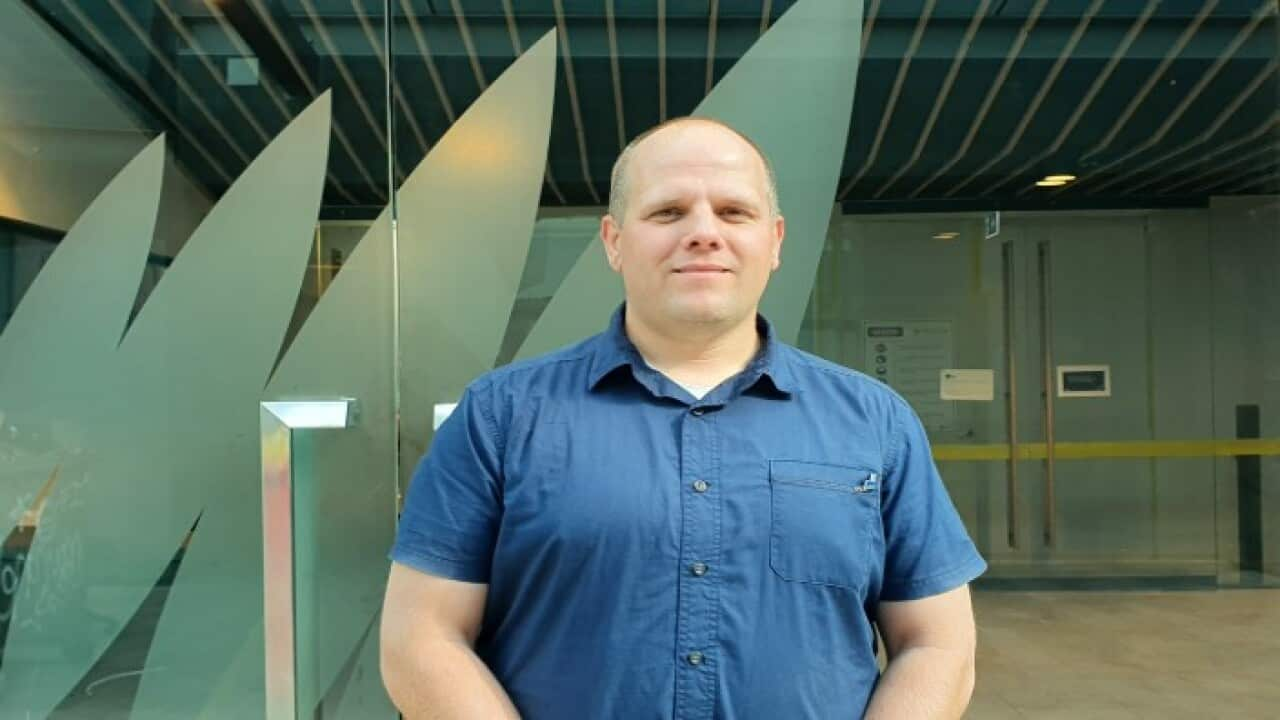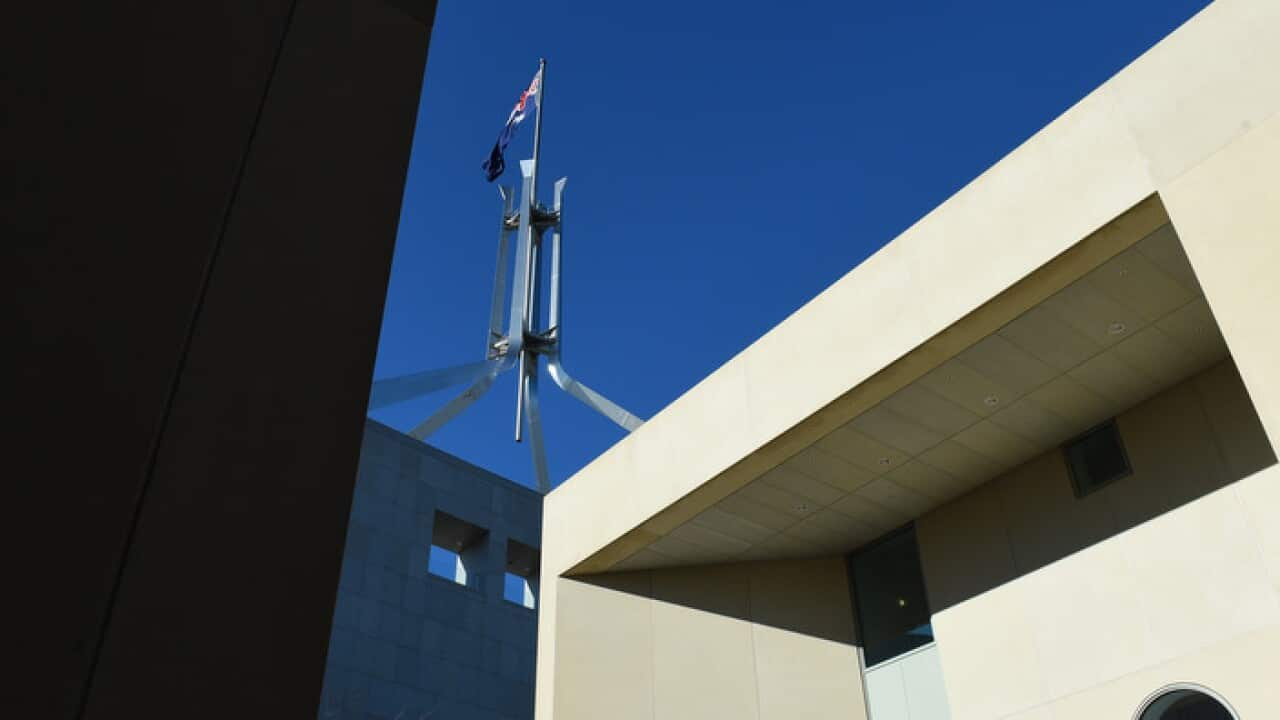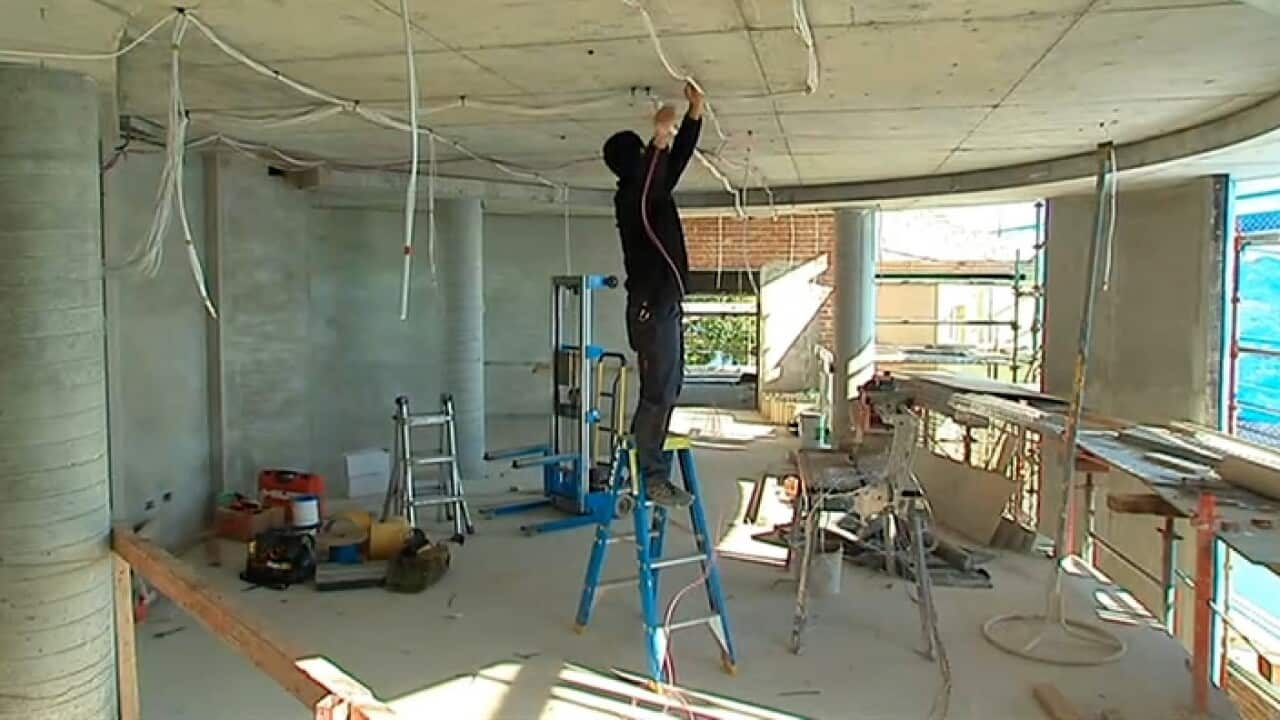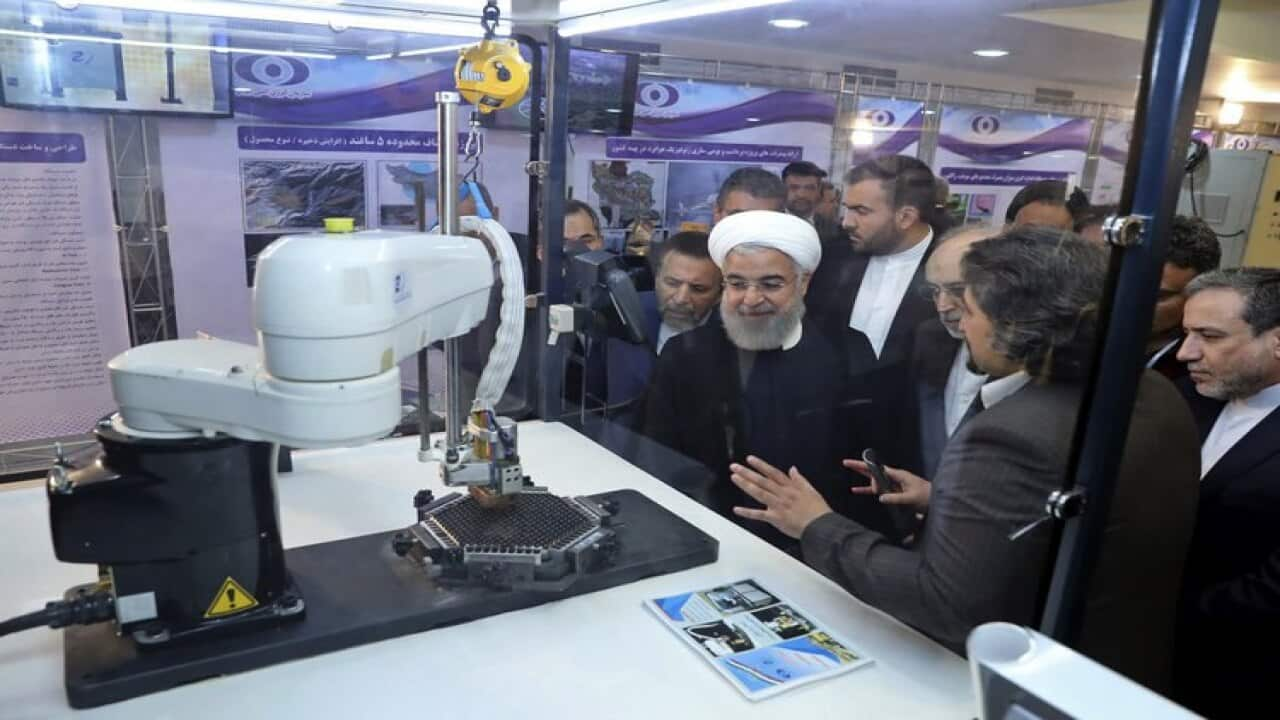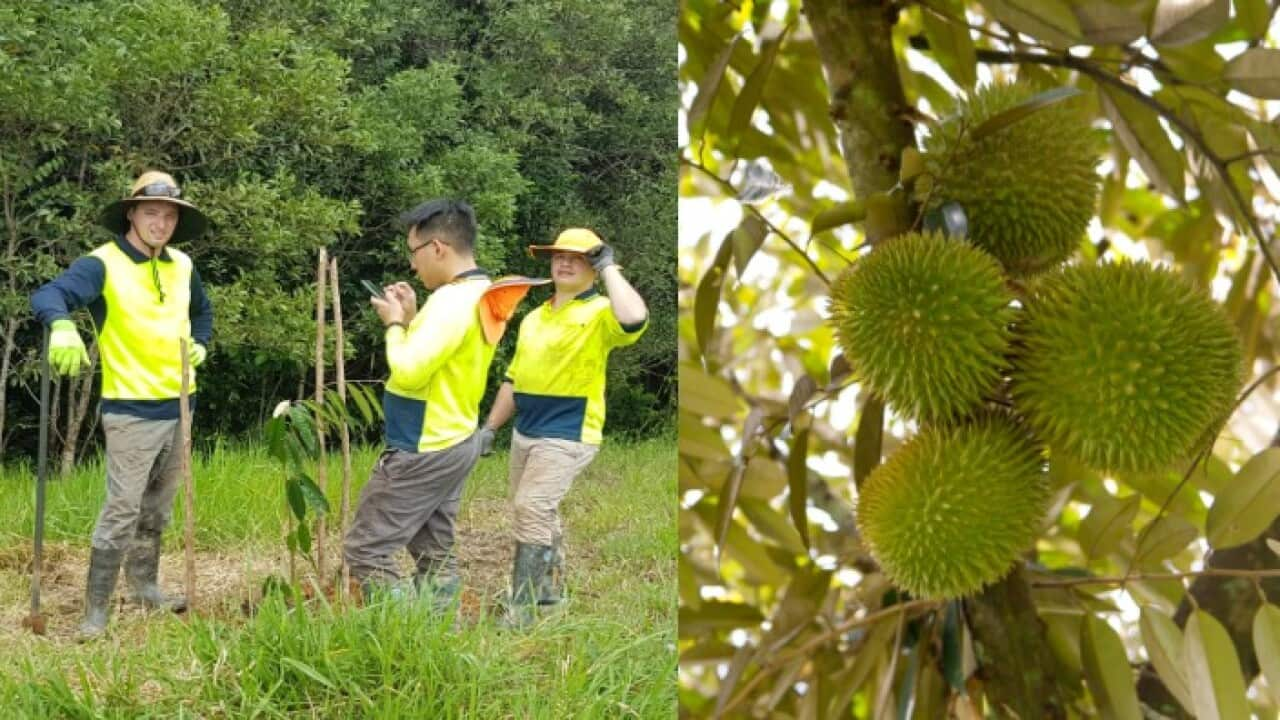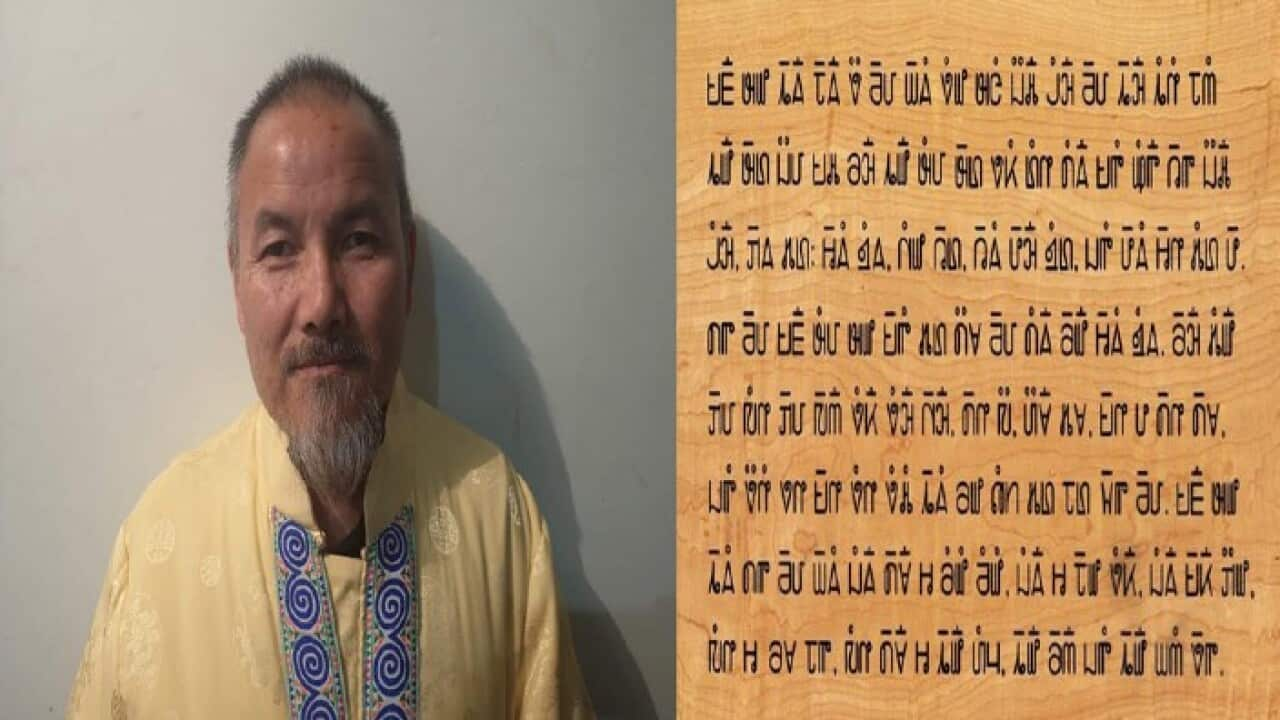Listen to ME Bank consulting economist insights into new research why should Australian government helping those Australian who do it tough in Hmong here: READ MORE
ME Bank recent survey found that when it combines different factors such as household income, assets, savings, debt, employment, utilities, where they live or housing tenure, the cycles of their lives to rate financial comfort index up to the scale of ten, Australians with low-income earners struggle the most with just a score of 3, the average Australian rate their financial well-being with 5.5 and the well-off rate theirs 8.6 out of 10.
According to ME Bank report, it says due to the labor market and overall economic weakness and the stagnation of wage growth put a lot of pressure on Australian financial comfort especially those with low income-earners as utility bills and job security or underemployment are their most concern.
Cost of living (utilities) and low saving are the most financial worries for Australian families, according to Me Bank report.
Winners are those who have retired with super balance more than $1 million, those who paid of their home, those who are middle age with no kids and those who invest in negative gearing property especially in ACT, New South Wales, and Victoria, while losers are the Australia households reside in Queensland's Brisbane, Northern Territory, South Australia's Adelaide, Western Australia's Perth, Tasmania, renters, workers those parents with kids and renters and part-time or casual workers.
ME Bank consulting economist Jeff Oughton says Australians with low saving and is low income-earners who have less than $100 dollars saving in their account will have nothing left at the end of every week, that is every 1 in 8 Australians. These Australians will go without meals on and off as they are making ends meets. If they get welfare supports or they are casual and part-timers, they are underemployed and will need up to 20 hours weekly to earn extra income to supports their family. What is more surprising, these people will have to sell their prized possessions in for some necessities.
Worse still, though the Australian government has invested in some infrastructure projects, legislated tax cut and the Reserve Bank of Australia (RBA) has cut its official interest rate, it still not enough to make the Australian economy getting better as the wage is stagnated and Australians are underemployed. This put further pressure on to Australian financial distress as there could be an indication that RBA and economist expected to be in the next couple of years according to Jeff Oughton insights shared with SBS Hmong program.
If your economy slow and people get worried they will spend a little bit less and save more, this means that there isn't enough spending or many jobs has been created and that will make it tougher for others. When the households are doing that government will fill that spending gap and hopefully increase spending on infrastructure to lift productivity and generate jobs over the medium terms, says Jeff Oughton, Consulting economist for ME Bank.
Jeff Oughton says that the Australian government shouldn't lose their plots in their political debates and should be proactive rather than be reactive when it comes to the Australian economy and its future. It should borrow to invest in Australian current and future generations. He suggests that due to the low-interest rate that it can and should use this leverage to borrow over three-decade to invest in Australian infrastructure projects whether it be transportation to make businesses run smoother, in healthcare to make Australians healthier or in education especially vocational training or future jobs so they are jobs ready instead of mainly focused on skilled migrants.
Mr. Oughton says though the average Australians are doing well, though the Australian government should help those who are doing it tough at the moment.
15% of Australians are doing it very tough and struggling, and they are very dependent on the assistance from the government, and it is not focused right now unless the economy is to pick up and job growth remain strong, wage increase start to flow through and extra hours works, the current outlook looks like those people that are looking for work and looking for more hours of work and it is not available so they are very much underemployed under economic terms are really depend on government allowances and increase those allowances to overcome some of the cost pressure that they are increasingly facing, says Jeff Oughton.
Mr. Oughton says that individual Australians should figure out their talents and or creative ideas to help their businesses or their employers in order to increase productivity or expand their businesses so benefits can be shared or negotiated. More importantly, Australians should think about their future career goals in the long run as businesses and technology as well as automation will be the norm, so they are well prepared for future jobs.
Listen to more news in Hmong and English as follows:
READ MORE

Fighting for Hmong women's rights
READ MORE

Welcoming Hmong daughters home
READ MORE

Laboratory meats
READ MORE

Cervical cancer screening test
READ MORE

Ageism economy
READ MORE
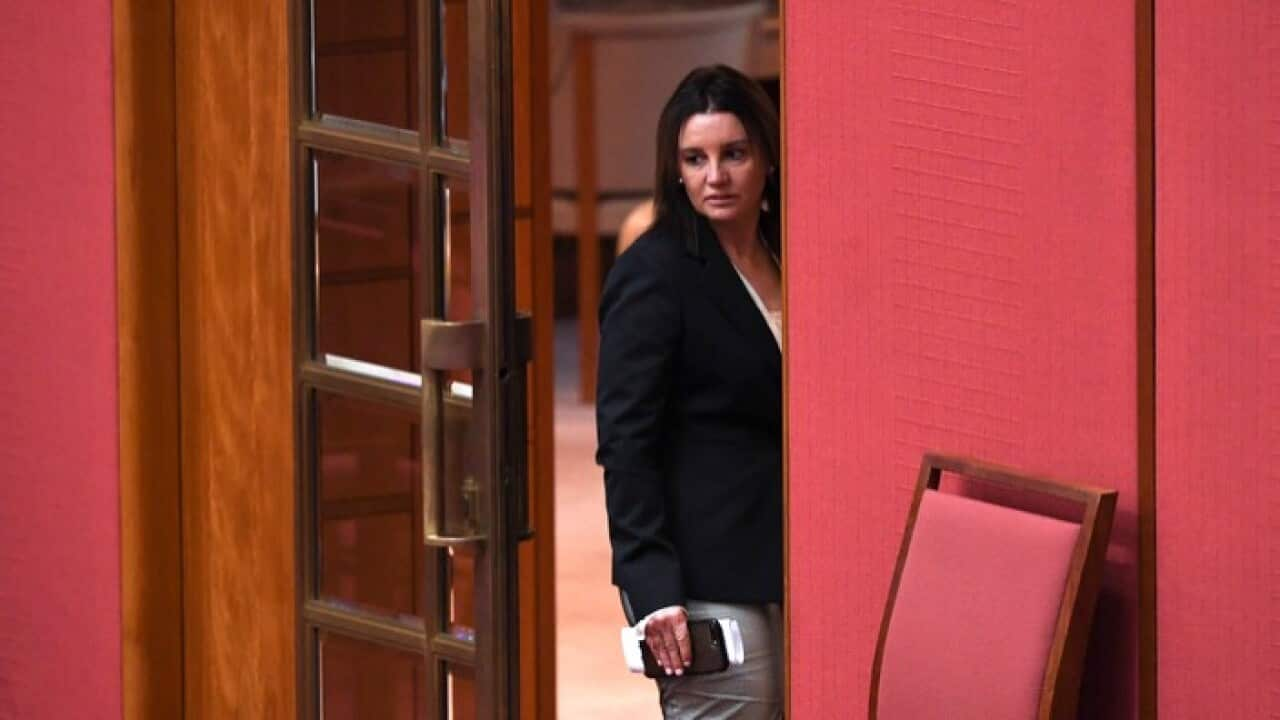
Parliament tax 2019
READ MORE
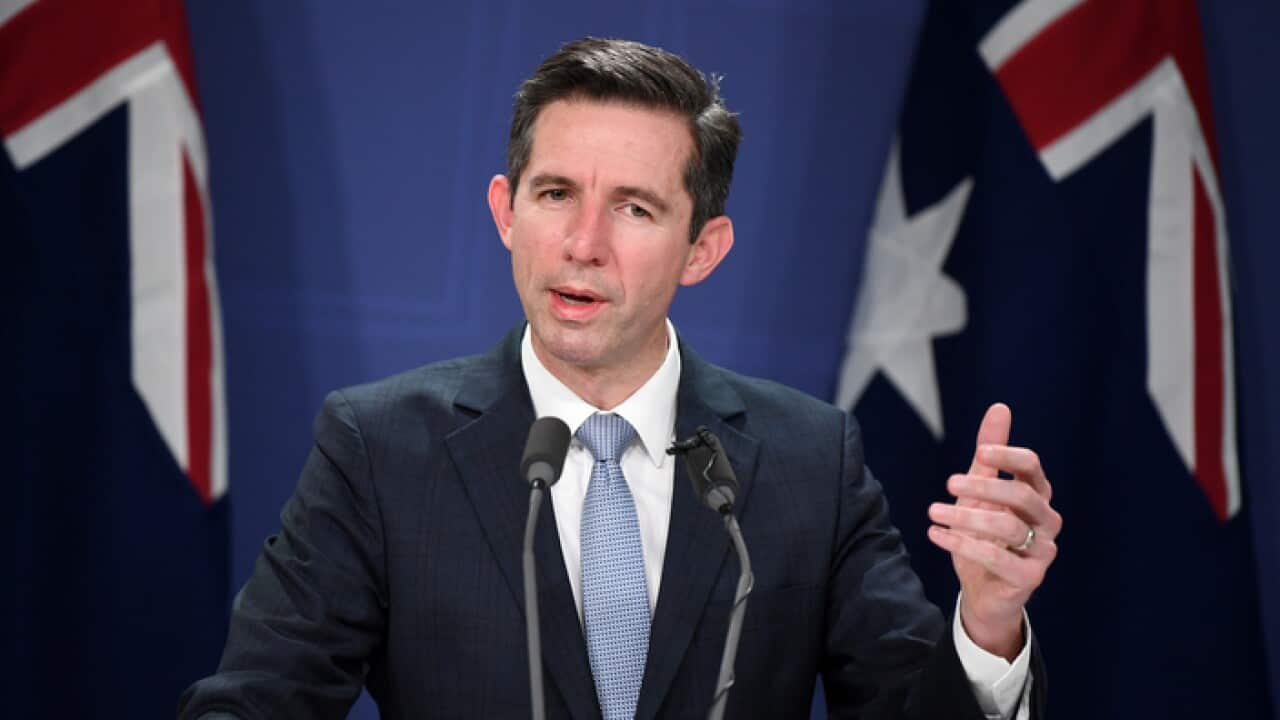
Tax cuts

